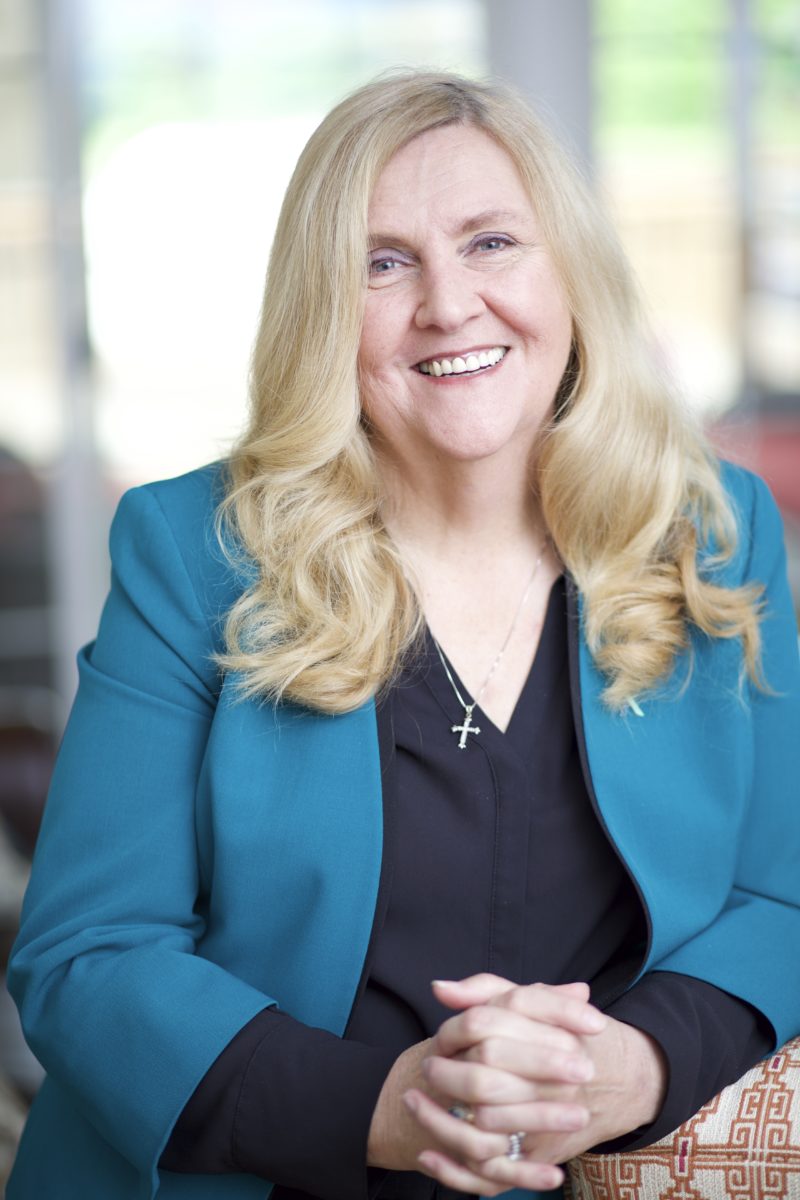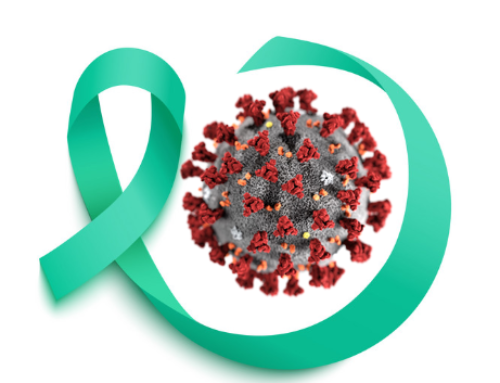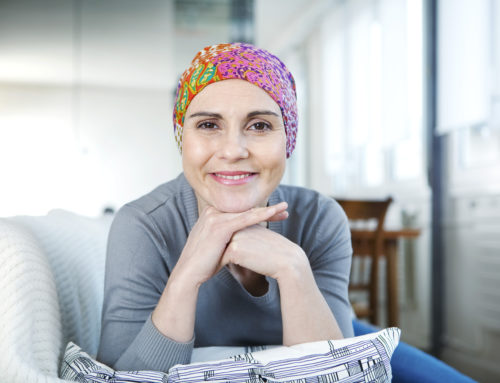THE POWER OF YOUR STORY
Recently I met a young woman who had been diagnosed with stage 3C ovarian cancer three years before; she was back in treatment for a second recurrence. I asked if she had considered participating as a presenter for Ovarian Cancer Research Alliance’s Survivors Teaching Students®(STS) Program. As the National Program Director of STS, I am always recruiting survivors and caregivers to share their stories. Through this program survivors of ovarian cancer interact with medical and nursing students and give fact based presentations to educate about ovarian cancer, its risk factors and symptoms, and basic diagnostic protocols. The goal of this program is to help the students recognize ovarian cancer in its earlier stages.
She declined. Usually this implies that she may not be emotionally ready to talk about her journey. I gave her my usual response which is to let me know if she would like to hear about the program in the future. The conversation went on to other things, but at one point she asked me “why would students want to hear my story? It’s the same as most others’ stories. I had symptoms, the doctors treated me for many different things, the cancer was found on an ultrasound of my gallbladder and was already stage 3. I had surgery, chemotherapy, remission and then jumped on the recurrence train. Nothing new to see here.”
Like her, I felt my story was just that, a story like so many others, especially when I was first diagnosed. But after I had experienced a recurrence, someone asked me to share my story at a hearing of the United States Senate Appropriations Subcommittee on Defense. On that day, the program was to speak up in support of continued funding of the Department of Defense Ovarian Cancer Research Program.
My first reaction was to say no – I could not imagine that my story would be of any help, and I was terrified of public speaking. However, the sponsoring organization was persistent, stressing to me that as a survivor, veteran and spouse of a military retiree my story would speak to all aspects of this program. I eventually said yes and two days later I sat in front of the subcommittee members, a bank of photographers, and a large audience behind me, took a deep breath, put my hands in my lap to still my shaking knees, chewed mints to combat severe cottonmouth, and told my story – no, read my story. About a minute in, I put my notes aside and spoke from my heart. I did not need a script. The story and emotions were mine and sharing them felt good. I felt as if I were taking back my power, the power ovarian cancer had taken from me. Returning home to Alabama I found my email inbox filled with notes from women thanking me and many more from women wanting to know how to get involved. My story was like a pebble thrown into a lake sending ripples in every direction.
I want other survivors to experience that feeling. There are multiple ways to share and use your story to both empower yourself and to make a difference for others. All you have to do is take the first step out of your comfort zone and share your story. Even if you have a fear of speaking publicly, I promise that the realization that your story does have power – the power to educate, and the power to give you some degree of control over ovarian cancer, will quickly propel you past the fear.
Ready to give it a try? Here are just a few of the ways I have shared my story over the past 20+ years. Pick one or more and start talking.
- One on one – Invariably while waiting for a plane and decked out in teal including teal nail polish a woman will make a comment to me about the color (it looks good on everyone and most folks think I am headed for a Caribbean vacation). I use that comment as an opening. Using my 30-second elevator speech about being a survivor of the deadliest gynecologic cancer and the fact that I wear teal to raise awareness, I hand the woman a symptom card and answer her questions. Score! One woman now knows the symptoms. My story may have saved a life and I feel great!
- Increase the audience – Our local support group exhibits at community health fairs. In a 4-hour period I likely share the 60-second version of my story at least 100 times as I explain the symptoms and risk factors to a captive audience. Score! At least 100 women walk away with a symptom card and cards to share with their friends and family.
- Become the teacher – This one may take you a little further out of your comfort zone. Your local support group may conduct awareness talks to women’s groups or you might consider sharing your story with Survivors Teaching Students® educating future health professionals. Remember, you set the parameters for what parts of your story you wish to share. It does not need to be a tell all version, just the educational version. Score! Your story will reach a large group of women who will share with many more, or your story may stay with a future family practice doctor who will remember that persistent bloating and feeling full quickly does not always mean irritable bowel syndrome.
- Become a mentor – Remember that feeling of loneliness when you were first diagnosed? It seemed as if you were the only one who had ever been diagnosed with ovarian cancer. Use your story and reach out to the newly diagnosed to help them traverse the journey they are starting. There are so many programs that are looking for women to serve as mentors – SHARE, Woman to Woman, and various programs at local hospitals. Score! You help a woman find her power.
- Speak for the community -As you interact with others on this journey you learn about the community’s wants and needs. You can become a spokesperson for us! Whether it be representing us as a member of the Patient Advisory Committee at your hospital or as a reviewer of scientific proposals for various agencies or as someone advocating for funds and health care policy legislation on Capitol Hill, you will give power to all of our stories. Score! Together we are stronger.
If you are still nervous about sharing your story no matter what the venue, remember one thing – You have faced down cancer. Speaking to a roomful of 22- or 23-year-old students, other women or even Senators is a walk in the park compared to that. The power of your story may save lives!
Susan Leighton
Globe-athon is proud to partner with Smart Patients, an online community where patients learn from each other about their cancer journeys. On Smart Patients, you can discuss issues raised in this blog post and beyond. Join here: https://www.





